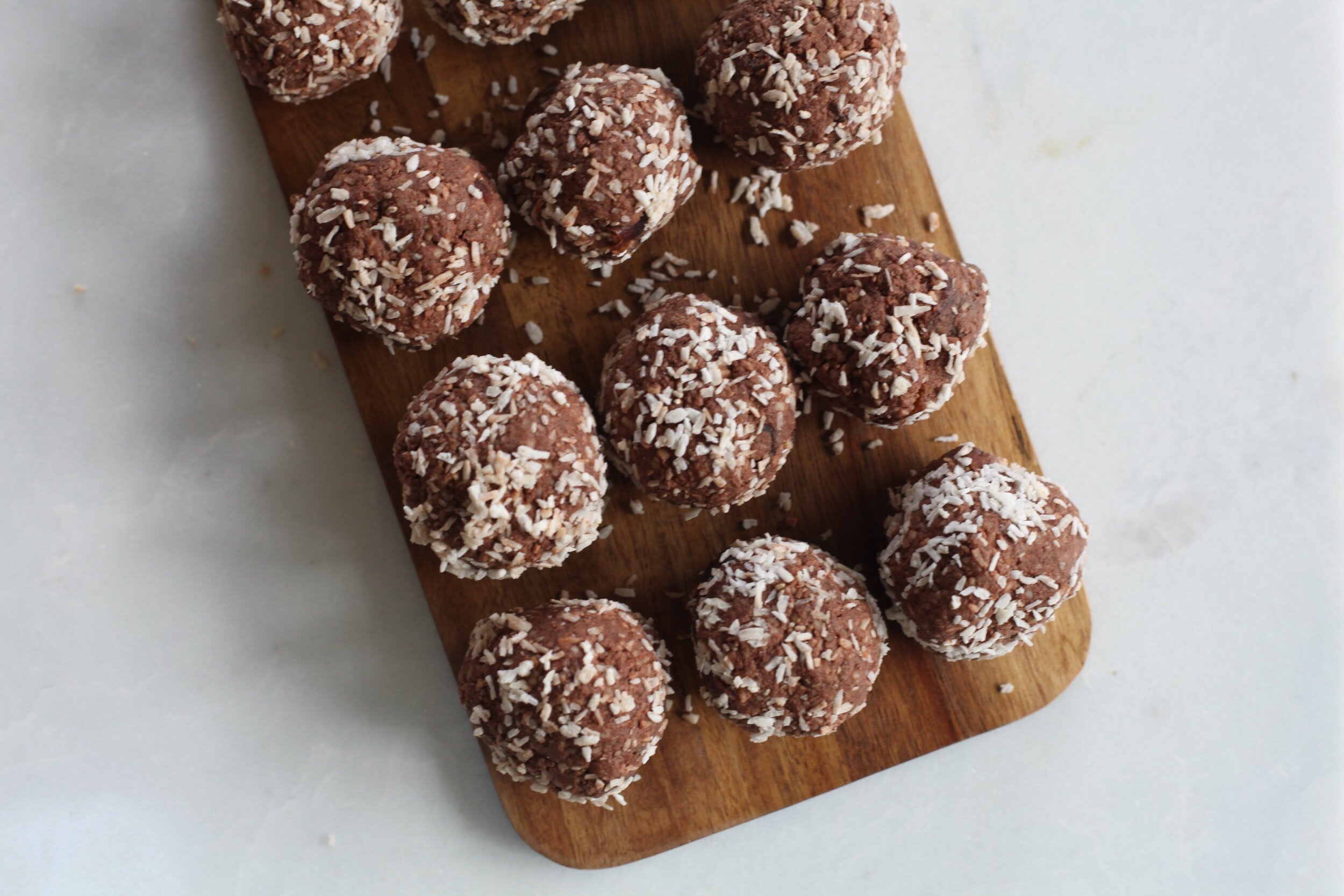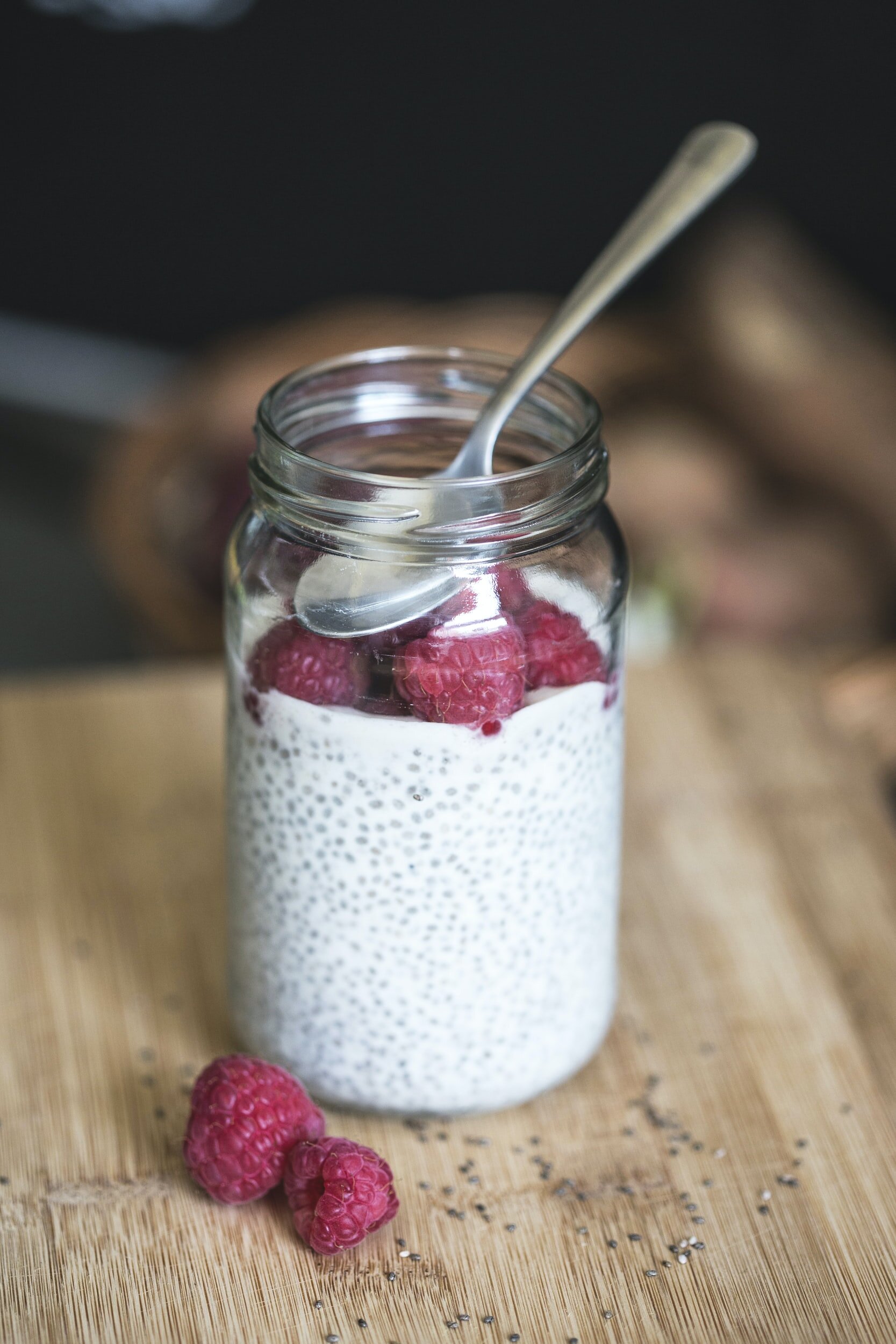Collagen 101
With Collagen’s recent boom in popularity, along side a whole range of new products and brands flooding the heath and fitness industry with their numerous claims or messages, I wanted to shed some light on what it actually is and the potential health benefits of adding it into your diet.
What is Collagen?
Collagen is a protein made up of 3 main non-essential amino acids; glycine, lysine, and proline, meaning that we can produce these within the body rather than having to rely on consuming them through dietary sources, making them not essential in our diet. However, as I’ll go on to cover, there are many reasons, and potential benefits, to topping up through supplementation, ranging from small details such as nail strength, to more impactful health effects such as aiding in strengthening and repairing the gut lining for those who suffer with digestives issues or autoimmune conditions when combined with a dietary protocol.
It can be found in our skin, cartilage, ligaments, bone, teeth, hair, nails, as well as muscle tissue, and is actually the most abundant protein in the body rocking in at around 30% of our total; around a massive 90% of your connective tissue and organic bone mass, and 70% of our skin!
Fun fact: The word collagen comes from the Greek word “kólla,” which translates to glue. We can think of it as the glue that holds our body together.
From our mid-late 20s the production of collagen starts to decline. Noticeable in skin (this is why you now often see anti-aging skin supplements or creams that contain or promote collagen), but perhaps not so noticeable in the gut or cartilage around our joints. Our body is in a continuous cycle of breaking down, losing, and rebuilding, but over time the re-building process becomes less efficient.
What about dietary collagen?
Can we get collagen through diet? Yes. Are a high % of people getting very little? Also Yes.
It can be found in bone broth that has been cooked for a long period of time (12-24 hours), and also meat and fish, but it is mainly found in connective tissues, skin, and bones, with lower amounts in cuts of meat that are more commonly consumed such as chicken breasts or steaks. Eggs and dairy can also contribute a small amount.
As well as bone broth or branching out to a greater variety of animal proteins, we can also consume many fruits and vegetables that are high in nutrients required for collagen production in the body. Vitamin C is the main star here with citrus fruits, peppers, berries, and leafy greens being top sources. Even if supplementing with collagen we want to be including vitamin c rich foods along side. Other nutrients that aid in collagen production and absorption include zinc, copper, & sulfer, which can be found in; seafood, meats and organ meats, nuts and seeds, beans and lentils, some dairy products, oats, garlic, and cruciferous veg such as broccoli, sprouts, and kale.
What are the potential benefits of supplementing?
Taking a collagen supplement does not directly = higher amount of connective tissue or overall collagen, but instead works by providing your body with the resources (the particular amino acids) it needs to work it’s magic and build its own strong healthy connective tissues. Taking any of the supplements outlined below, or eating collagen rich foods boosts the levels of amino acids (the building blocks shall we say) that make up collagen. Here are my top 5 benefits;
Joint Health - Those who repeatedly put their joints under a high amount of strain through playing sports or regularly working out, who suffer with joint pain, or those with degenerative joint conditions such as arthritis, should pay particular attention to collagen’s ability to reduce inflammation, and support rebuilding of stronger tissue surrounding joints thanks to it being a major component of cartilage. When combined with a diet rich in anti-inflammatory foods this can reduce injury risk and pain.
Gut Health - One of the lesser known roles of collagen is in providing a strong structure to the lining of our gut. It is part of the structure and so increasing collagen production can help strengthen and even rebuild damaged gut linings. Heard of ‘leaky gut’ or ‘intestinal permeability’? This is where small tears in the lining lead to a weaker structure and allow particles that should normally be kept out to pass through this gut wall and into the blood stream - this can lead to increased inflammation, food sensitivities, and trigger an immune reaction. This is why a weak lining, or ‘leaky gut’ can trigger autoimmune conditions or a flare up in symptoms.
Skin, Hair, & Nail Health - Given the amount of collagen in our skin it is no surprise that this one of the potential benefits of increasing our bodies collagen production, slowing the loss of elasticity and formation of wrinkles. Getting enough protein in our diet overall is really important for strong healthy skin, hair, and nail growth, but collagen in particular can support this further with accelerated growth being one of the reported effects in taking a collagen supplement or significantly increasing dietary sources.
Bone Health - Strong bone structure is essential for minimizing the increased risk of injury as we age, and although collagen is usually associated with connective tissue it also has a key structural role in bones, more so than calcium, making up around 30%! Increased collagen can therefore can help support good bone density, which can reduce injury, breaks, or osteoporosis (this could be especially helpful for post menopausal women as natural collagen production declines more rapidly at this time and osteoporosis risk is higher).
It may also contribute to a better nights sleep, due to one particular amino acid; glycine, being linked to falling sleep faster and promoting sleep quality/a deeper sleep, thanks to it’s contributions to serotonin levels and body temperature.
What. When. Which???
First a few notes on the jargon around supplements you may have come across, THE WHAT…
Collagen, hydrolyzed collagen, and collagen peptides are all referring to the same thing - the same chain of amino acids that have been broken down (or hydrolyzed) into a form that is more easily absorbed in the body.
Gelatin is an unprocessed, or not broken down form of these amino acids, and is not commonly seen in supplementation form. Partly due to the extra step that would need to be taken to absorb it once consumed, but also due to the ‘setting’ nature of gelatin that does not mix or dissolve in the same way as collagen powder in food or drinks. It is what sets jelly or gives sweets that chewy texture. If you have had/made a good quality stock with a high gelatin content you will notice it sets when cooled.
Bovine collagen comes from cows, marine collagen comes from fish.
If you have come across a plant based or vegan supplement which claims to boost collagen this will be likely be some kind of combination of nutrients that support absorption and production such as vitamin C, and zinc as outlined above.
THE WHEN…
Unlike many other protein powder supplements this is not ideal for a post workout shake, or a good option for a main meal’s protein source due to it not being a complete protein, meaning it does not have all essential amino acids - treat this as a supplement to other protein sources, a bonus if you will.
In terms of when to take it there is some evidence suggesting that it can be taken before exercise along with vitamin C to promote collagen production, specially for joint health and injury prevention, however for the most part, and for most individuals, timing is not something to worry about. Take in any way and at any time that suits you regularly.
Some ides of how to incorporate it daily include; adding a TBSP or 2 to coffee or other hot or cold drinks, adding to smoothies, yogurt or porridge bowls, using in baking, adding to homemade energy balls/bars, pancakes, etc. Unlike many other powders it has next to no taste and will not alter the texture or create the need for more liquid as it dissolves so easily.
THE WHICH…
There are a number of brands available with an easy online or amazon search but mainly you want to make sure it is 100% collagen peptides or a simple blend combined with vitamin C, to avoid powders with added fillers, artificial sweeteners, or other poor quality protein powders. Ideally ‘grass fed/pasture-raised’ when buying bovine collagen, and ‘wild-caught’ marine collagen. Brands I have used multiple times and regularly recommend to clients are; Hunter & Gather Collagen Peptides and Great Lakes (they do both collagen and gelatin).
There are now a whole range of new collagen boosted foods and drinks emerging with a hefty price tag attached, but for the most part we can save some pennies and avoid a long list of other ingredients by sticking to a simple, unflavoured, easy to incorporate powder such as those above.
However if you are not keen on the plain, unflavoured options Vital Proteins do some good quality collagen coffee creamers and a matcha option. Planet Paleo also do a variety of flavours and options for both collagen and a bone broth powder using great ingredients, however are on the higher price end.
(*There are also different types of collagen in the body that I have not covered in this article if you really want to geek out, but I didn’t feel it useful or necessary to dive into here).
Any other questions I haven’t answered or comments to add? Please leave them below.
If you are interested in personalised nutrition, my nutrition memberships, or in getting a personalised meal and supplement plan please visit my contact page or read more about the services on offer here.







